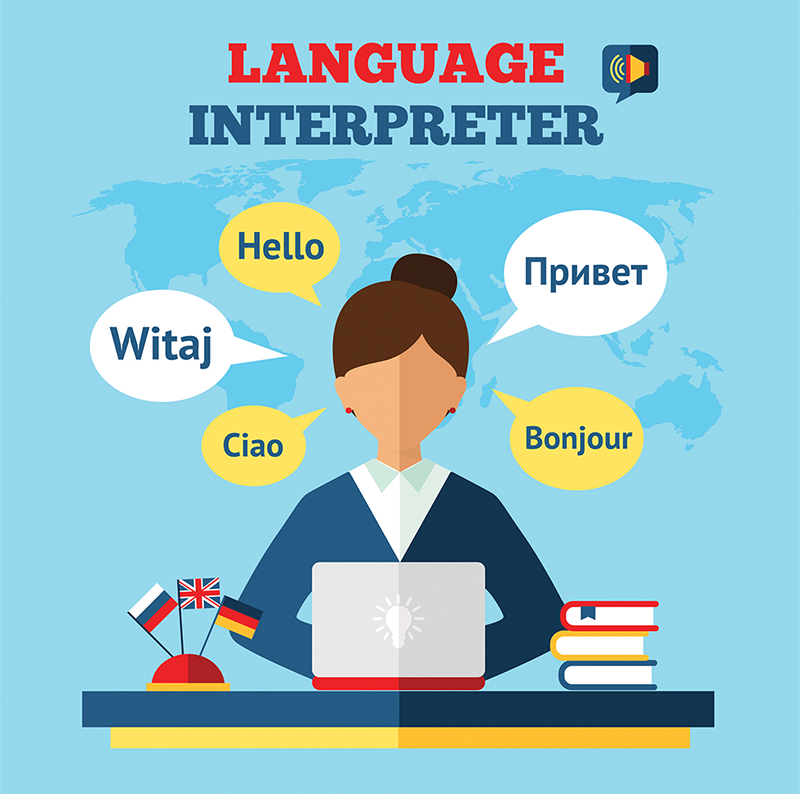In my job as a conference interpreter, I’m often a witness to misleading communication. This is particularly true when the speaker must communicate in a language other than their mother tongue. Please note there is a linguistic difference between a conference interpreter and a translator, although the term “translator” is often—incorrectly—used to describe both activities. “Interpreting” means to verbally transfer something from one language into another language, be it simultaneously or consecutively. “Translating” only refers to the written transfer of text from one language to another.
The complex task of the conference interpreter requires intensive training—usually a university degree in applied linguistics. One example of the role of a conference interpreter in Europe today may involve simultaneously interpreting into German everything a businessperson from Spain presenting in English says to an international audience.

One requirement in conference interpreting is to stay as close as possible to the original.
Years ago, I witnessed a situation in a German court. I had been summoned as the publicly sworn-in interpreter for English speakers and a woman was there to interpret for Spanish speakers. A Spanish-speaking witness was testifying using “colorful” language. Although my Spanish definitely has room for improvement, it was clear that the witness used coarse language. After several minutes of name-calling and slandering by the witness, the Spanish interpreter interrupted the witness and “interpreted,” saying only: “The witness does not agree with what the defendant said.”
Because the interpreter’s summary was so disproportionate, the presiding judge delivered a warning, advising her to express the same type of language as spoken by the witness.
Interpreting accurately, to the word, implies that one does not filter what has been said. The conference interpreter must help the listener form their own opinion about the character of the original speaker, even when what has been said is racist, or in any form normally unacceptable.
The challenge for interpreters is to distance themselves, because sometimes they are forced to say things that do not reflect their own opinion.
Eva Nertinger is a member of the Danube Sparrows club in Ulm, Germany. She is a publicly sworn-in conference interpreter, translator, intercultural trainer, and certified international business English trainer.




